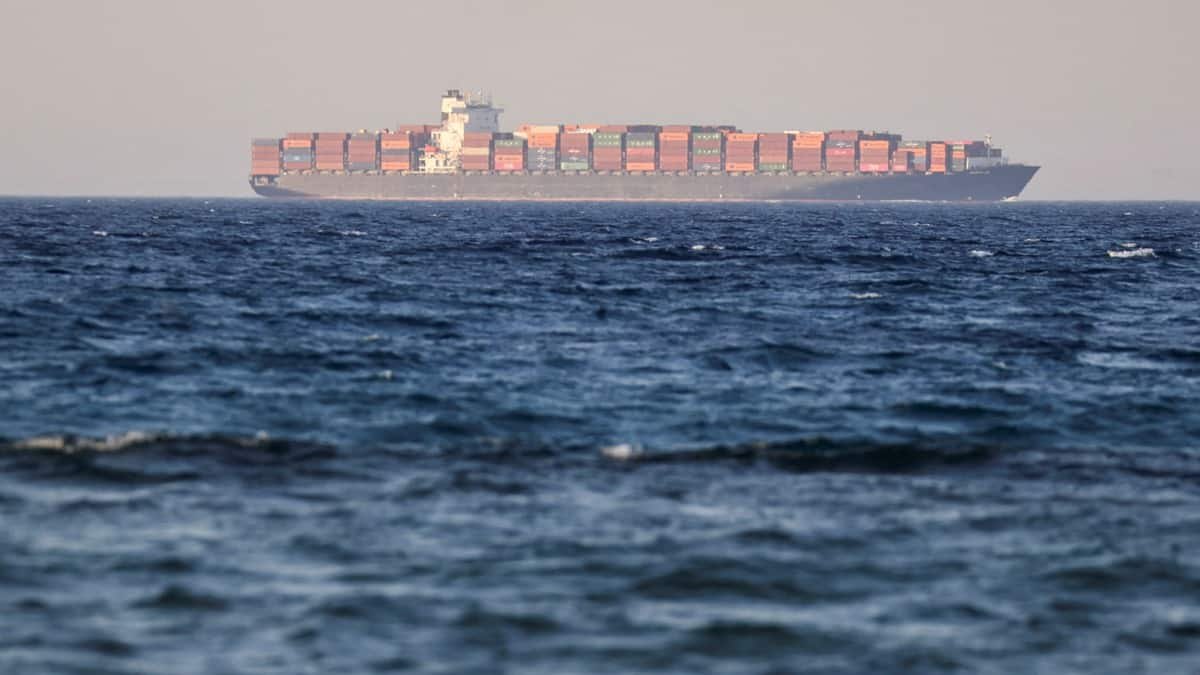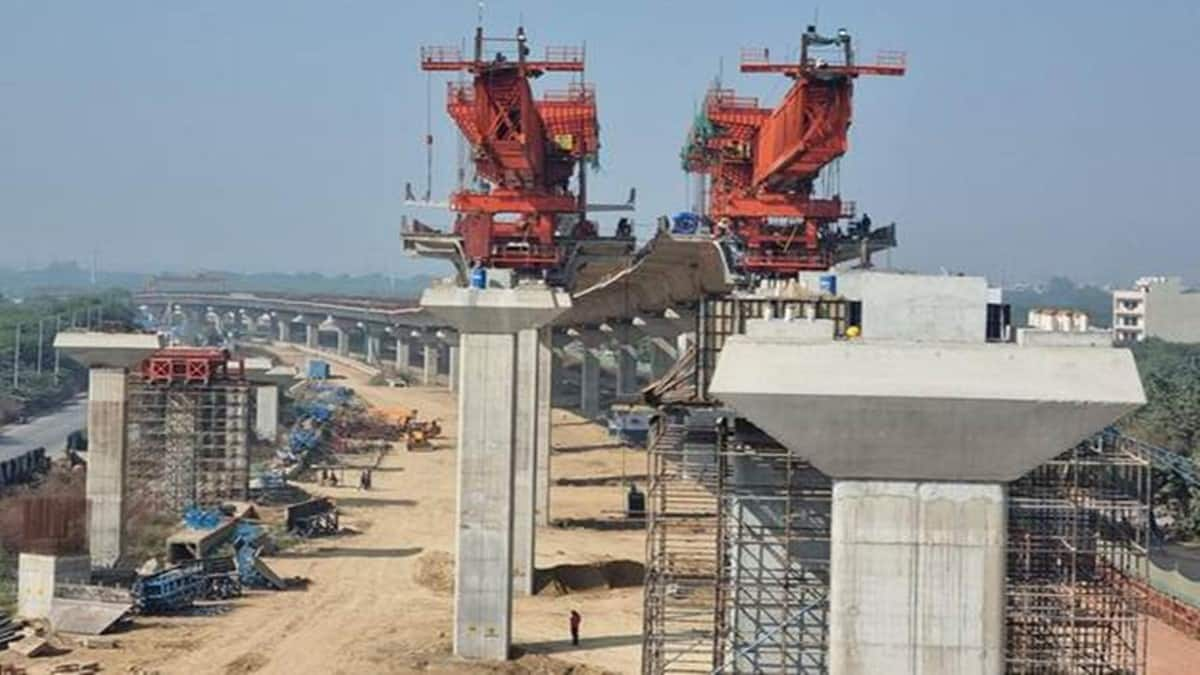Red Sea disruption

The geopolitical risks of the ongoing war between Hamas forces and Israel’s army engulfing the region have escalated with attacks on shipping vessels since November 19 by Yemeni Houthi forces in the Red Sea, the route to and from the Suez Canal which is the quickest way for goods to transit between Asia and Europe. The Suez Canal accounts for 30% of all container ship traffic and is a vital conduit for crude oil shipments. The Houthi attacks have prompted leading global shipping companies to reroute their vessels around Africa via the Cape of Good Hope, which inflates costs as vessel journeys take one to two weeks longer. Indian exporters expect freight rates to go up by as much as 25% and insurance premiums to rise if the Red Sea disruptions continue for much longer.
Longer time at sea by vessels would also lead to shortages of containers,which further adds to costs. The freight costs of India’s basmati rice exports to countries around the Red Sea thus have jumped from $600 per 20-tonne container to $2,000, given the rising risks. The possibility of trade flows being impacted is not good news for the country as merchandise shipments shrank in six of the first eight months of the current fiscal and export value dipped 5% in calendar 2023. If the Red Sea attacks impact global oil supplies and prices, obviously, there are bound to be concerns over India’s energy security. So far, however, oil prices have not flared up despite OPEC+’s efforts to reduce supplies as there is higher production from non-OPEC countries like the US amidst weaker global growth. The possibility of supply disruption is also relatively less as India sources around a third of its oil requirements from Russia which is not shipped through the Red Sea.
International diplomacy must therefore prevail to end the ongoing Hamas-Israel conflict before it spills over to the west-Asian region. A US-led group of NATO and regional allies have now sought to provide naval protection to commercial shipping in the Red Sea. The mission of this multinational naval force is termed Operation Prosperity Guardian. While this is bound to infuse greater confidence in shipping through the Red Sea, it is not known whether the plans of leading shipping companies to reroute their vessels around Africa have changed. Exporters are even exploring cargo flights to deal with the disruptions to the trade route. From India’s point of view, all of this is not good news as the prospect of costlier exports due to trade re-routing comes when its shipments are facing global headwinds and do not augur well for its growth story.



Leave a Comment